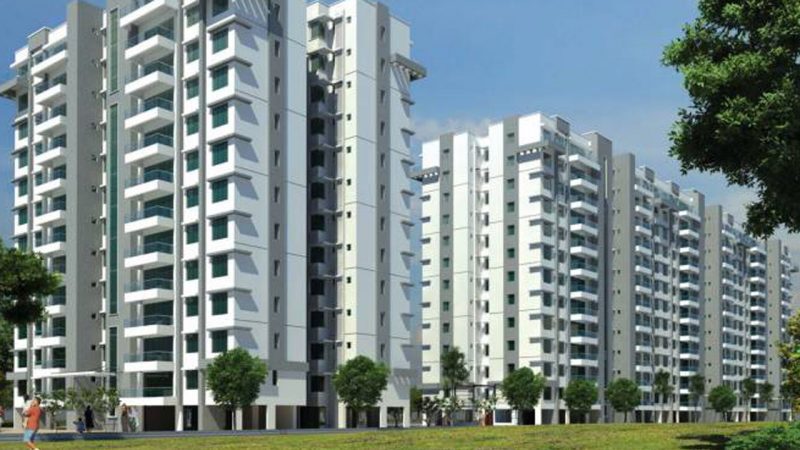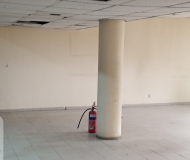
Countries adopt measures to calm property prices
While solid economic growth is expected to spur demand for global prime properties in 2018, its pace will be impacted by more stringent cooling measures in most countries, according to the Douglas Elliman/Knight Frank Wealth Report 2018.
“The outlook for 2018 is that economic growth will continue to support prices, but performance could be tempered as more central banks start to raise interest rates,” said Kate Everett-Allen, head of international residential research at Knight Frank, in the report.
Coincidentally, the U.S. Federal Reserve announced last week it would raise short-term interest rates by a quarter of a percentage point.
Looking back at the 10 years since the 2008 global financial crisis, Knight Frank found that the pace of growth in prime property prices might have peaked in 2013.
The Prime International Residential Index 100, which tracks the performance of the world’s leading prime second home and city residential markets, was in negative territories in 2008 and 2009, with an annual decline of 0.2per cent and 5.5per cent, respectively. Growth picked up pace slowly, and peaked in 2013, with the index gaining 2.8per cent.
Last year, against all odds, the index gained 2.1per cent, with two-thirds of the locations tracked in the index reporting positive annual price growth, which reflects the expansion of global economy, according to Knight Frank.
The best-performing cities over the last decade have been in Asia, accounting for seven incidences out of 10. China’s Shanghai topped the list for three years while Guangzhou landed the first place in 2017, with home price increasing 27.4per cent year-over-year.
“Tighter macro prudential regulations introduced by the government have achieved their goal of deterring speculative activity and curbing price inflation across large parts of China,” Ms. Everett-Allen said. “Shanghai and Beijing registered growth of just over 9per cent and almost 7per cent respectively; lackluster by recent standards.”
Cooling measures have been spreading in Asia and elsewhere in recent years, as governments try to balance capital inflow and housing affordability, according to Ms. Everett-Allen.
In 2010, Hong Kong, China’s mainland and Singapore began to introduce measures to deter speculative investment as home prices flew at an annual rate of 50per cent approximately, which would potentially cause a housing bubble in very short time.
Other countries have followed suit, including Malaysia (stamp duty increase), the United Arab Emirates (cap on mortgage lending, transfer fee doubled), the U.K. (changes to stamp duty) and Australia (foreign buyer fee, stamp duty and land tax changes).
The provincial governments of British Columbia and Ontario in Canada, have imposed a 15per cent foreign buyer stamp duty on purchases in parts of Vancouver and Toronto, according to Mansion Global.
SOURCE: https://guardian.ng/property/





